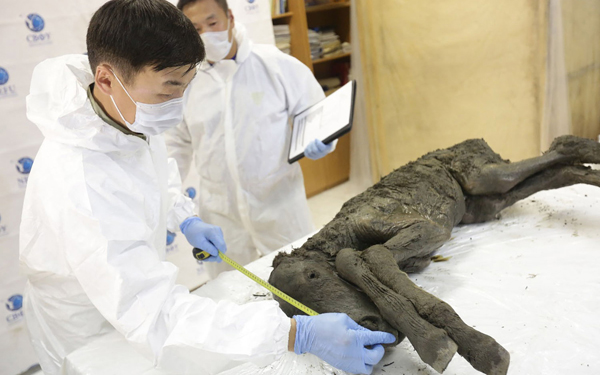Will Superhumans Replace Us? Stephen Hawking Thought So
Are we all going to be replaced? Stephen Hawking apparently thought so. In the grand tradition of famous physicists making claims about subjects beyond their scope of expertise, the great British theorist left behind a collection of essays in which he speculated about and predicted the human future. In one essay, published Oct. 14 in the Sunday Times, Hawking argued that humanity risks being replaced by genetically modified “superhumans.” Well-intentioned research designed to improve human health and human life, he wrote, will eventually be corrupted. People will start to modify humans to live longer, be smarter, or be more aggressive … Read more








